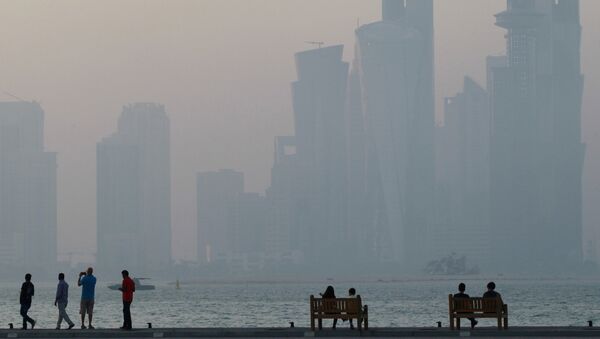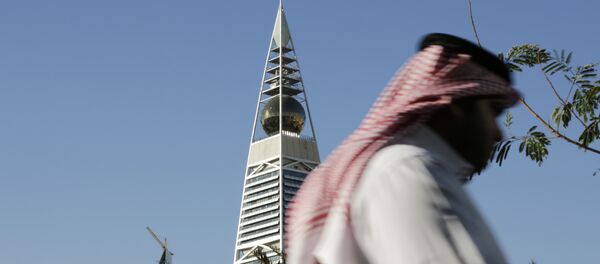BRUSSELS (Sputnik) — The minister has come up with a statement as United Arab Emirates' Foreign Minister Anwar Gargash slammed Doha's decision to return its ambassador to Tehran following the breakup of the relations between the two nations.
"No one can claim that Qatar has special relations with or special policy toward Iran, while they don't [have such relations with Iran], because these decisions were adopted by consensus at a meeting of the Gulf Cooperation Council [GCC] … This policy was not chosen by Qatar exclusively, but by the GCC at a meeting in May 2016, and then this position was confirmed in December 2016," al-Thani told reporters.
He added that there were a number of factors encouraging Qatar, Iran and the GCC countries to engage in dialogue in order to relieve mutual concerns and protect their interests.
Qatar withdrew its Iranian ambassador after Saudi Arabia had severed its ties with Iran over failing to protect its diplomatic missions in Tehran and Mashhad from attacks in early 2016. Last week, Doha announced the decision to return its ambassador, following a telephone conversation between the leaders of the two countries. The United Arab Emirates' Foreign Minister Anwar Gargash slammed the decision, questioning the reasoning behind the decision to boost ties with Iran following several Arab states' request to abandon them.
On June 22, the countries blocking Qatar conveyed to Doha via mediators from Kuwait a list of 13 demands to restore relations. The list included, in particular, the closing of the Al Jazeera broadcasting network and the scaling down of Qatar's ties with Iran. Doha has rejected the demands as an infringement on Qatar’s sovereignty.



